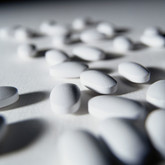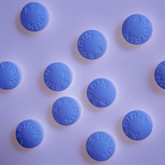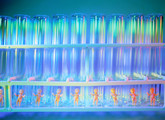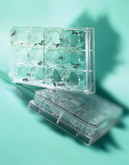Biosimilars/Research
|
Posted 15/04/2010
The early inclusion of health economics in the process of developing biopharmaceuticals and biosimilars is imperative with a view to demonstrating their relative (cost) effectiveness and informing registration, pricing and reimbursement decisions, writes Professor Steven Simoens of the Katholieke Universiteit Leuven, Belgium, in the Journal of Medical Economics in 2009.
In the article he discusses health economic challenges of research and development, registration, pricing and reimbursement of biopharmaceuticals and biosimilars. Professor Simoens identified relevant studies by searching PubMed, Centre for Reviews and Dissemination databases (Database of Abstracts of Reviews of Effects, National Health Service Economic Evaluation Database, and Health Technology Assessments Database), Cochrane Database of Systematic Reviews and EconLit up to March 2009. Additionally, the bibliography of included studies was checked for other relevant studies.






















